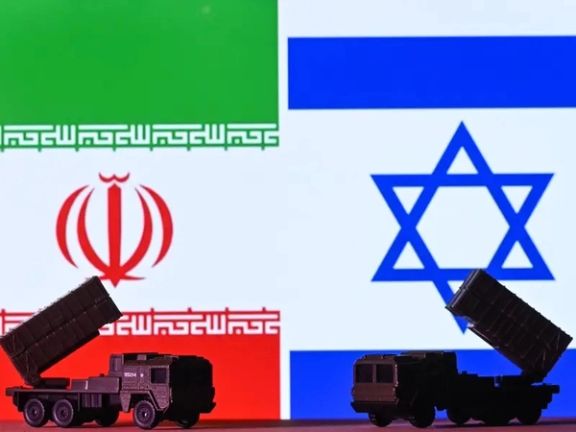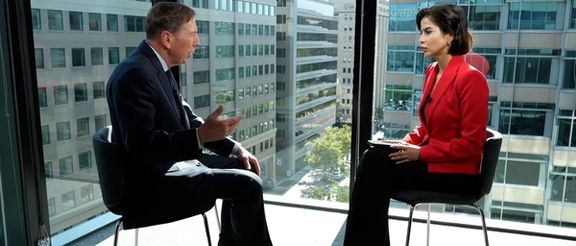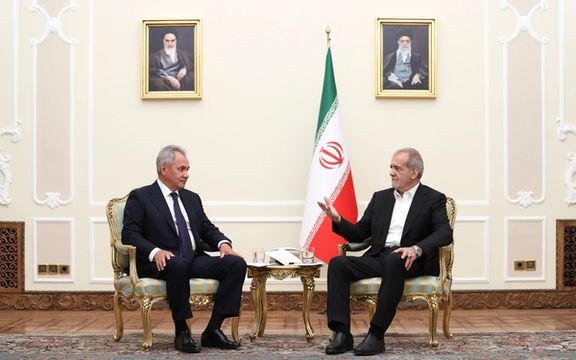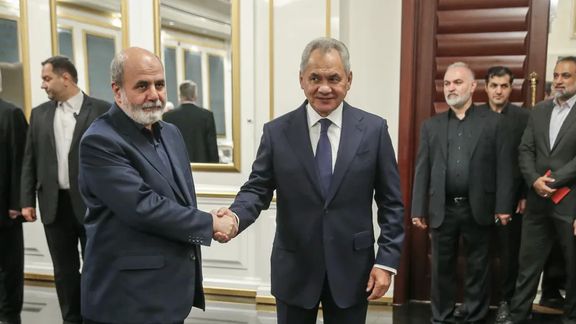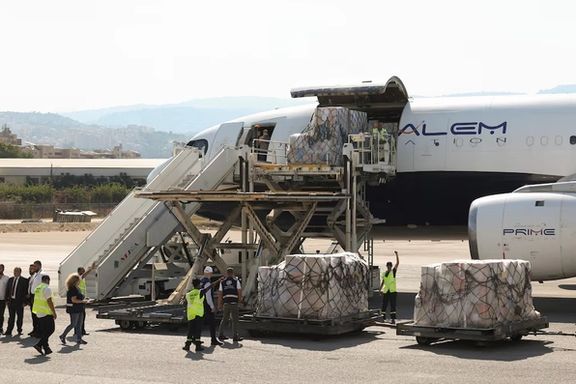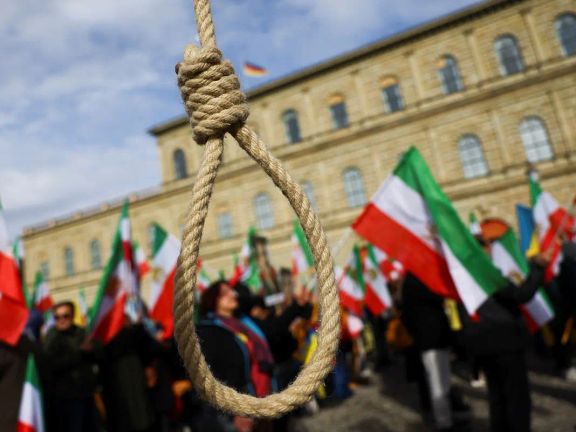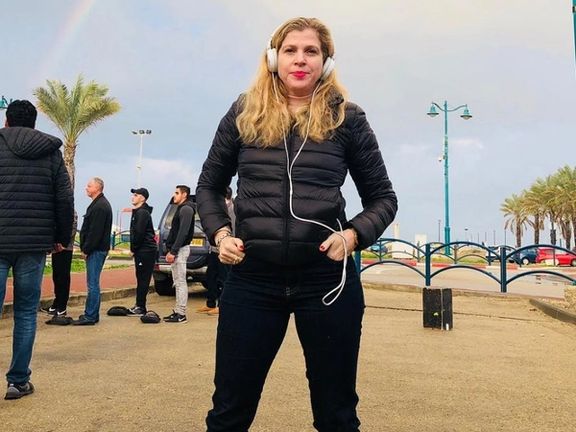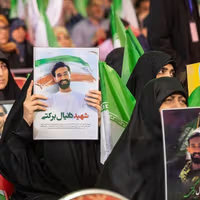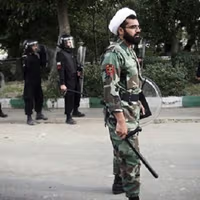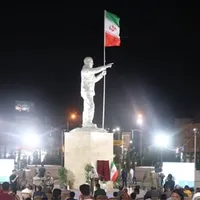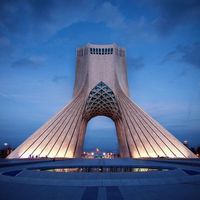Iran's proxies, Hezbollah in Southern Lebanon and the Houthis in Yemen were not players in the April 13 scenario where Iran launched explosive drones and fired missiles at Israel, ending years of a shadow war between the two nations.
That attack took place less than two weeks after a suspected Israeli strike in Syria that killed two commanders from the Islamic Revolutionary Guards Corps (IRGC) at an Iranian consular building.
The potential for a looming war has surfaced less than a week after Hamas chief Ismail Haniyeh was killed in Iran's capital. He was in Tehran for the inauguration of Iran's newly elected president, Masoud Pezeshkian.
Iran’s Supreme Leader Ayatollah Ali Khamenei vowed retaliation against Israel on Wednesday. The Islamic Revolutionary Guard Corps (IRGC) said there would be “blood vengeance” for Haniyeh's killing.
Brigadier General Zvika Haimovich believes Hezbollah will have a crucial role in Iran's retaliation this time around. The Israeli insider said he cannot foresee any situation other than Iran retaliating to last week's killing, which Tehran blamed on Israel.
Israel hasn’t confirmed or denied any involvement.
Haimovich told Iran International there are still a lot questions that will determine whether there will be a full scale war.
The first question, he said, is will Iran strike central Israel like Tel Aviv or if it would be contained to the Northern part near the city of Haifa. The second question, he posed is will Tehran use accurate and precise missiles or will it resort to simple statistic weapons? And the third, according to the former Commander, will Iran use massive salvos, which is the release all at once of rockets.
"Everybody is under pressure, mainly the civilian, the military forces that are on high alert and full readiness around the border. The Army, the Navy, the Air Force, as well. We are waiting. Waiting for, what? This is the million dollar question," said Haimovich, who during his tenure the Iron Dome system became operational.
As people in the region await, there's uncertainty around when Iran would act, and just how far it might go. Haimovich said the 'imminent' attack could happen in less than 48 hours or in the coming days.
President Joe Biden and Vice President Kamala Harris met with the national security team in the White House Situation Room Monday afternoon.
The United States has not observed any specific movements in Iran so far that would indicate potential attacks on Israel in the coming hours, Sky News Arabia reported citing a Pentagon spokesperson.
The US has vowed to respond after several American personnel were hurt in a rocket attack that hit Ain al-Assad airbase in Iraq. The IRGC-affiliated Sabereen News earlier said Iran-backed militants were behind the attack, although no group officially claimed to responsibility.
According to Bloomberg, which cited sources close to the issue, G7 members have reached out to Iran to minimize its retaliation to prevent an even more destructive regional conflict.
Just how will Israel respond if Iran retaliates is all dependent on how Tehran conducts its strike and the nature of it, said the former top Israeli Commander.
In an exclusive interview with Iran International, former CIA director and US CENTCOM Commander David Petraeus said Iran and Israel would try to avoid a full-blown war for fear of the destruction it could bring on both sides.
“I think [the Iranians] have to respond,” Petraeus told Iran International's Marzia Hussaini, “this is an enormous blow to Iran's honor… It's a huge intelligence failure and… a security failure. So, they have to respond. But I don't think that Iran wants to get into a real direct back and forth war with Israel… And frankly, I don't think Israel wants to get in a real full-on war with Hezbollah or with Iran," he said.
Haimovich said Israel's retaliatory attack in April carried a strong message to the Iranian government, but he said it may not have been 'enough.' The strike against Iran’s sophisticated radar system in Isfahan just a few days after Tehran launched more than 300 drone and missile attacks on Israel, showed that Iran's defense capabilities could not match Israel’s military might, he said.
"After the Israeli response in April, the Iranian regime, they understood exactly what the Israeli capabilities is," he said.
As the world watches to see what unfolds, the former IDF commander Brigadier General Zvika Haimovich said Israel's strategic goals involve bringing the hostages home first and the war against Hamas, so any greater regional war would have to factor the state's short and long term game plan.
"It's a very complicated. I think that in the short term, we need to finish the multi-front war that we are dealing with. It's more than seven different fronts" said the Brigadier General, referring to a multi-front war with Gaza, Lebanon, Syria, the West Bank, Iraq, Yemen, and Iran.
Engaging in war with Iran, could potentially shift focus away towards a wider regional conflict .
"In the long term, I think we need to focus on the Iranian nuclear, wielding vision and capabilities, and build a strong and stable coalition lead by the United States of America and also the Arab Sunni states against Iran," he said.
